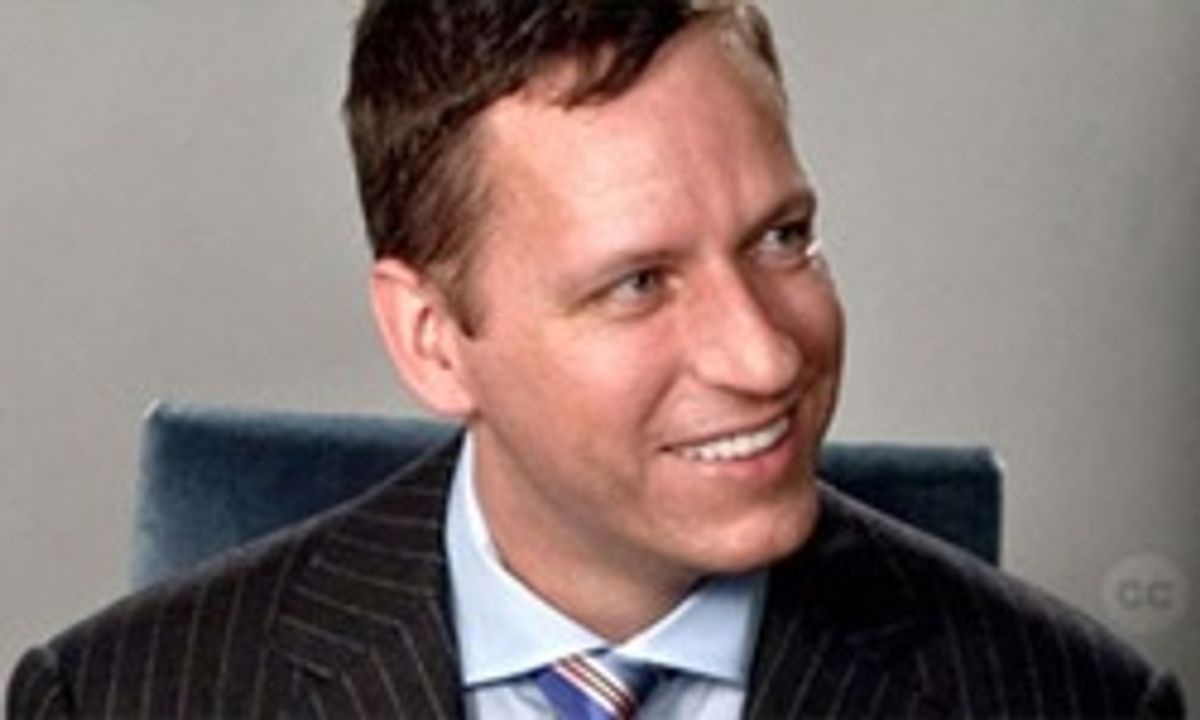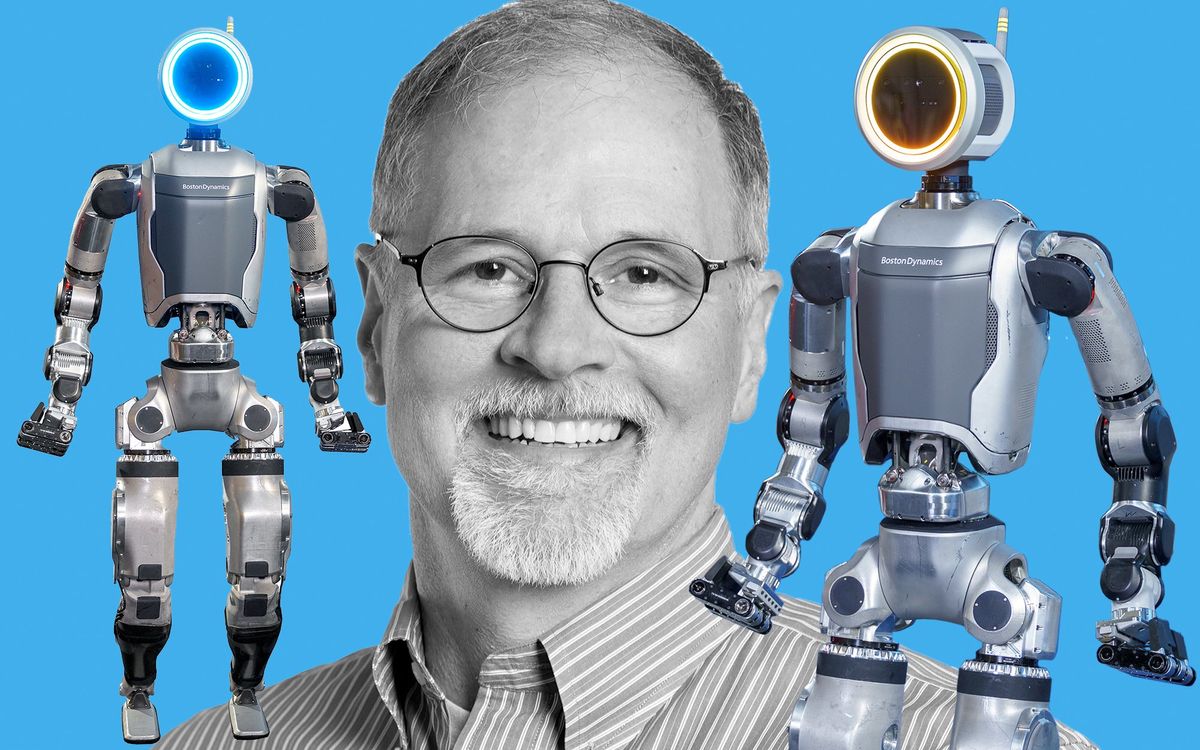Eden Full is the founder of a solar energy start-up. One of her inventions: a US $10 solar panel rotating system that tracks the sun to optimize energy collection by up to 40 percent.
Nick Cammarata and David Merfield are developing a tool to help teachers create online lessons for their students to view at home, leaving class time for more engaging activities. Nick, an active contributor to several open-source projects, has a decade of programming experience and has worked for Microsoft and Mozilla. David has designed web interfaces used by millions of people around the world.
None of these kids have reached legal drinking age yet.
They are part of a group of two dozen young men and women who have been chosen as the inaugural class of 20 Under 20 Thiel Fellows. The plan was to pick 20 winners, but judges had a hard time whittling down the last 24.
Established by the Thiel Foundation to foster the next generation of tech entrepreneurs, the two-year fellowship awards each winner $100 000 in addition to mentorship so that they can develop their business ideas and begin to build future tech companies.
In other words, give a leg up to the next generation of Bill Gateses, Steve Jobses, and Mark Zuckerbergs.
The founders of Microsoft, Apple and Facebook began their enterprises without completing college. The Thiel fellows will also be saying goodbye to college for two years, and the idea has come under fire for questioning the value of higher education.
But the winners could, of course, go back to school. Peter Thiel, the co-founder of PayPal and the man behind the Thiel Foundation, doesn't seem to be suggesting that anyone with a business idea should drop out of school. Instead, he makes it clear that a degree isn’t a recipe for success or a requirement for technical innovation. Thiel was one of Facebook’s first funders back in 2004.
"Our world needs more breakthrough technologies,” said Thiel. "From Facebook to SpaceX to Halcyon Molecular, some of the world's most transformational technologies were created by people who stopped out of school because they had ideas that couldn't wait until graduation. This fellowship will encourage the most brilliant and promising young people not to wait on their ideas, either. The Thiel Fellows will change the world and call it a senior thesis.”
More than 400 youngsters spread across nearly two-dozen countries applied for the fellowship. Many of them never attended college, had left school, were already working, or had already launched their own company. “They applied at a time of increasing debate about the cost and value of college and student debt,” according to the foundation.
The cost of higher education in the US is indeed rising rapidly. And while a college degree is valuable, Thiel, who has a J.D. from Stanford Law School, told Bloomberg recently that it could hinder entrepreneurship.
“The grants are aimed at removing some of the barriers, such as heavy course loads and high college costs, that young people face as they try to create businesses, Thiel said in an interview.
“We need to encourage young Americans to take more risks,” Thiel said. Traditional education steers young people away from entrepreneurship and into steady jobs, he said. “While they are able to get certain types of jobs with it, the problem is they can’t actually do anything that pays less in the short term and may have more value in the long run.”
Of course, not every idea is going to lead to a $10 billion-dollar company, just as not everyone is cut out to be a tech titan after dropping out of college. Nonetheless, it’s pretty clear as you scroll down the list of Thiel fellows that these are some exceptionally brilliant, driven kids. The ideas they have aren’t just for Internet start-ups, which have been booming since the recession and might not employ many, but span everything from affordable scientific instruments and cheap biofuels to mobile financial services. One can only hope that some of these dreams make it big and create jobs for those who took the traditional college path.
PHOTO: The Thiel Foundation
Prachi Patel is a freelance journalist based in Pittsburgh. She writes about energy, biotechnology, materials science, nanotechnology, and computing.



